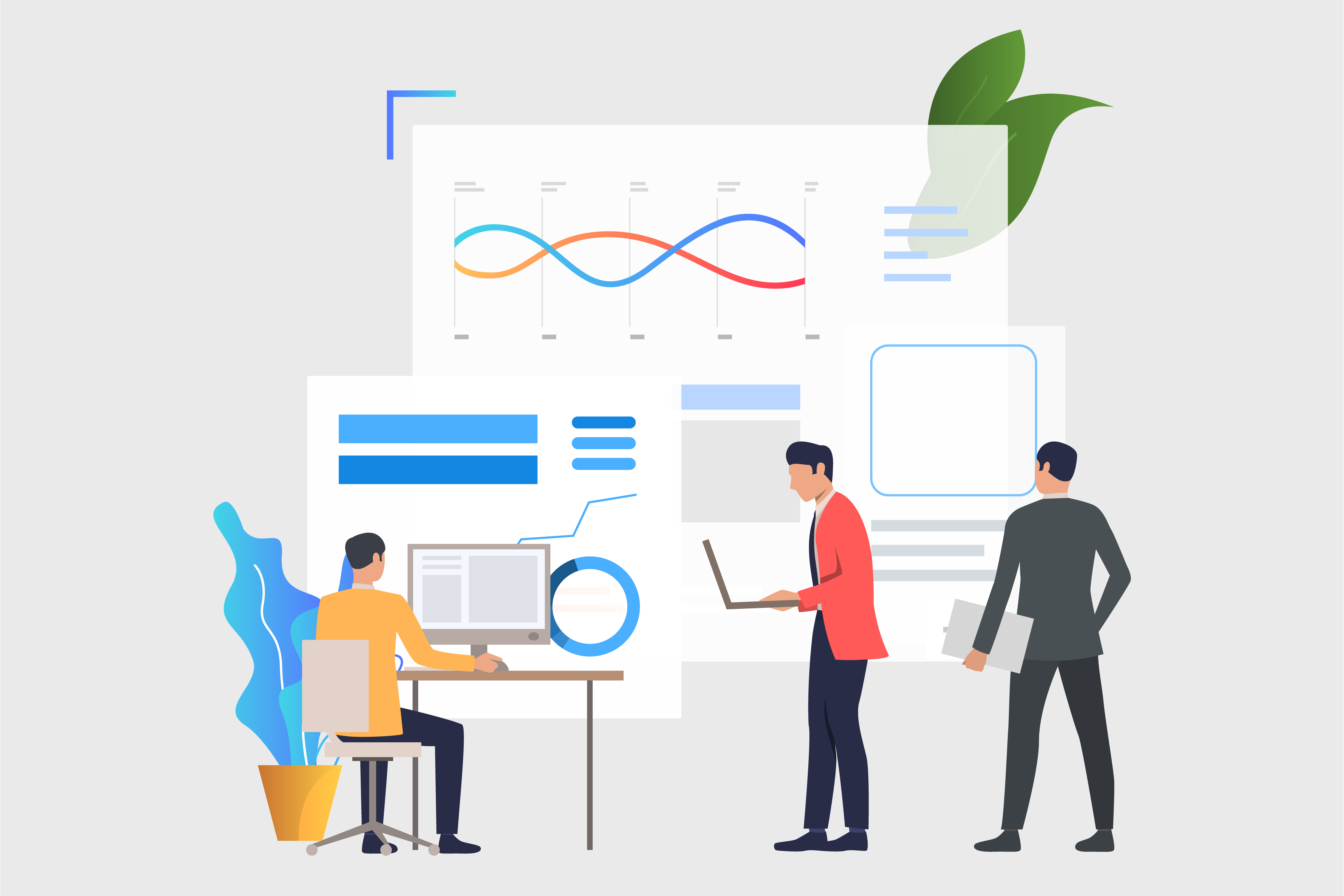The financial industry is transforming rapidly, and mutual fund distributors need cutting-edge software to stay ahead of the curve. With increasing investor expectations and regulatory requirements, choosing the best mutual fund software for distributors becomes critical for seamless portfolio management, client servicing, and compliance tracking.
In this blog, we’ll explore the challenges MFDs face, how mutual fund software can transform their business, and the key features to look for in a mutual fund platform for distributors. Let’s have a look at the challenges they face.
Challenges Mutual Fund Distributors Face
- Manual Paperwork: Conventional methods usually involve piles of paperwork, which can cause inefficiencies and mistakes, which may lead to wasting a sufficient amount of time.
- Long Onboarding Processes: Manual onboarding procedures take time for both clients and MFDs as well. It can slow down investment decisions and affect business growth.
- Manual Report Sharing: Creating and sharing reports with customers is time-consuming and error-prone, impacting the overall customer experience.
- Less Time to Generate Revenues: Wasting too much time on administration reduces the time for generating revenues and business growth.
How Mutual Fund Software Can Transform Businesses?
5 Ways Mutual Fund Software for Distributors Can Solve Major Issues
- Digital Onboarding: It supports easy digital onboarding, enabling distributors to onboard clients swiftly and efficiently. Not only does this minimize paperwork, but it also increases the client onboarding experience.
- Portfolio Rebalancing: Through portfolio rebalancing, distributors can effectively manage and realign client portfolios according to their investment objectives and risk profiles. This helps portfolios stay aligned with clients’ financial objectives at all times.
- Easy Report Sharing: It allows distributors to create and send reports to customers easily. MFDs can offer investors detailed reports, such as portfolio performance, profit and loss summary, etc., to increase transparency and trust.
- Online Transactions: By enabling online transactions on multiple exchanges, mutual fund software makes it easy for clients to invest, redeem, or switch funds with ease. This not only enhances the overall client experience but also helps minimize paperwork for distributors.
- Multiple Assets Through One Platform: With mutual fund software, the distributor can provide customers access to a variety of investment products beyond mutual funds, such as Global Investments, IPOs, Loan Against Mutual Funds, and so on. The all-in-one platform makes it easy for the customer to diversify the portfolio and do it all under one roof.
What are the factors that MFDs should avoid while choosing mutual fund software? Intrigue? Read here to learn.
Key Features to Look for in Mutual Fund Software
Here are some essential features that every mutual fund distributor should consider:
- Real-time tracking of mutual fund investments and asset allocation.
- Digital KYC and paperless onboarding solutions.
- Customizable reports, insights, and analytics.
- Seamless process execution and tracking.
- A mobile-friendly interface for both distributors and clients.
- Built-in compliance checks and automated alerts.
- Direct connectivity with Asset Management Companies (AMCs) and Registrar & Transfer Agents (RTAs).
Final Thoughts
Finalizing the best mutual fund software for distributors depends on business requirements, client expectations, and regulatory compliance. The best software for mutual funds should enhance efficiency, provide valuable insights, and offer a seamless experience for both distributors and investors.









